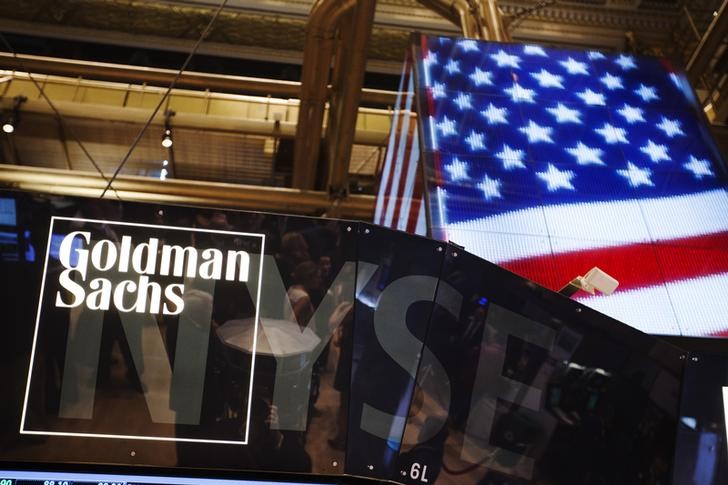The S&P 500 recently hit a 46 new all-time high in 2024. The index has seen a remarkable surge, up 42.3% from the low on October 27, 2023, marking one of the best 12-month rallies in history.
With 54 trading days remaining in the year, the S&P 500 shows no signs of slowing, with expectations set high for its position by the end of 2024.
Just today, strategists at UBS raised their 2024 and 2025 year-end targets.
Moreover, trade desk strategists at Goldman Sachs noted that a year-end rally is gaining traction among their clients, with a notable shift in investment strategies from defensive hedging to more aggressive positioning.
Institutional investors are particularly motivated by the fear of materially underperforming benchmark equity indices, a sentiment referred to as "FOMU."
As a result, Goldman's strategists think that the S&P 500 could be "well north of 6K by the end of the year."
The upcoming week is poised to be a critical period for the markets, with 37% of S&P 500 companies scheduled to report their quarterly earnings.
The market is also expected to benefit from the end of the blackout window for US corporates on October 25th.
As the largest buyers of US equities in 2024, US corporates are entering their prime execution period, with the potential to inject approximately $6 billion into the market daily until the year's end, strategists added.
This activity coincides with the fading of the largest sellers in the market by Halloween and the October mutual fund year-end on October 31st, when $1.85 trillion in assets across 756 mutual funds will be reported.
Furthermore, households are typically increasing their equity purchases in November, especially following election years.
According to Goldman Sachs, the median S&P 500 return from October 15th to December 31st is +5.17% since 1928, which could suggest a year-end level of $6160 based on today's level.
In election years, this median return increases to +7%, indicating a possible year-end level of $6270. Similar patterns are observed in Nasdaq 100 and US Small Cap 2000 indices, with the former potentially reaching $22,900 and the latter $2425 by year-end, reflecting the strong performance in election years.
